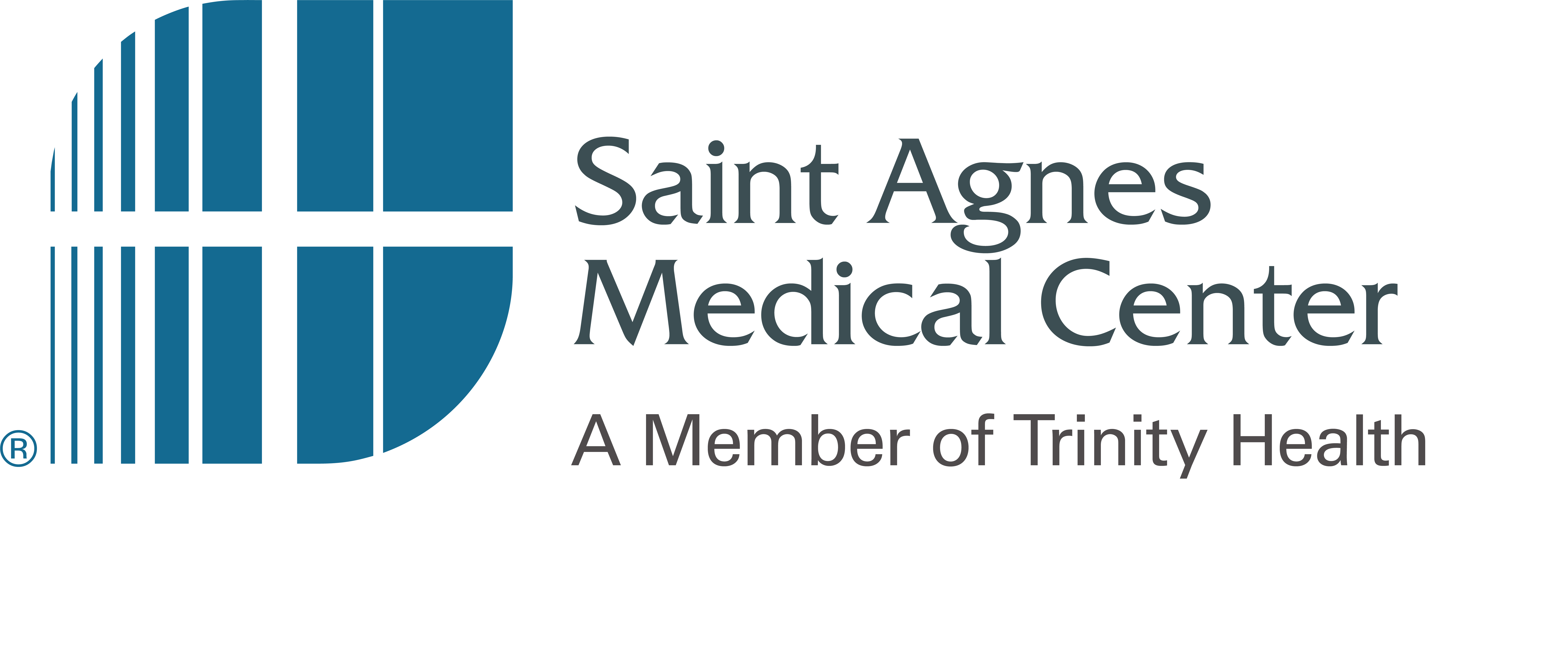Saint Agnes first to offer Prostate Artery Embolization procedure
June 11, 2019There are some things in life that you just can't fix on your own. Luckily for handyman Thomas Obel-Jorgensen, 62, of Fresno, Saint Agnes Medical Center had the right tools to help treat his case of benign prostatic hyperplasia (BPH).
"BPH is a very common problem typically affecting adult men between the ages of 45 and 75," says Interventional Radiologist Sean Tower, MD, who is the director of Vascular and Interventional Radiology at Saint Agnes Medical Center. "Essentially, it's an enlarged prostate that impairs urination by pressing on the urinary tract. It can be a really debilitating problem for men who have more severe symptoms."
After enduring an increasingly severe case of BPH for several years, Obel-Jorgensen, a retired dairy manager turned handyman, began looking for more permanent treatment options.
In December 2018, Saint Agnes became the first hospital in the Central Valley to perform prostate artery embolization (PAE) procedures to treat BPH.
PAE is a minimally invasive procedure that involves inserting tiny microscopic beads through a catheter beginning in the wrist and threaded to the pelvic arteries. Using X-ray dye coupled with skillful precision, physicians are able to direct the placement of the beads into the prostate's arterial branches in order to reduce the blood flow to the prostate gland.
"By blocking those small arteries, we reduce the oxygen and nutrients that are getting to the gland that would normally stimulate growth," Dr. Tower says. "We basically starve the prostate of its blood supply so over time the prostate will shrink. As the shrinkage occurs the opening to the urethra is less compressed, allowing men to pass urine more freely."
Dr. Tower says the concept of this new procedure is based on what has been done for years to treat uterine fibroids in women.
Traditional surgery options to treat BPH such as transurethral resection of the prostate (TURP), involve trimming away excess prostate tissue to reduce its size and open the urethra. However, Dr. Tower says sometimes side effects of the TURP procedure can be problematic.
"Some men can experience impotence, incontinence or even retrograde ejaculation after a TURP," he says. "It's a small number of people who experience these adverse effects but the risks of those side effects from PAE are minimal."
As a handyman, Obel-Jorgensen was encouraged by Saint Agnes' most advanced tools and techniques to treat BPH.
"There came a point when my doctor and I decided that my prostate was so large and my urinary tract was so small that we needed to take action," Obel-Jorgensen says. "I remember five years ago first hearing about prostate artery embolization. I did a lot of research on it and was excited when the procedure was finally available in Fresno. I didn't even hesitate."
On the recommendations of Dr. Tower and his urologist, Nadeem Rahman, MD, Obel-Jorgensen became the first patient in the Central Valley to receive the prostate artery embolization procedure.
"I knew I was the first person, but that didn't worry me," he says. "I was more nervous when I considered the older methods."
Obel-Jorgensen and his doctors were thrilled with the results of the procedure.
"My energy levels are the highest they have been in a long time," Obel-Jorgensen says. "This massive pressure is gone and it makes me excited to get back to regular life."
"The studies that have been conducted show significant results with about a 30-40 percent reduction in gland size and a 70 percent improvement in symptoms," Dr. Tower says. "Fortunately, Thomas had an excellent response."
Having access to safe and effective treatment with fewer complications right here in the Valley will help more men get back to their favorite activities.
"I think this is a great opportunity and service we can bring to patients here in the Valley – I see PAE eventually rolling out to practices across the nation," Dr. Tower says. "We're excited for what the adoption of this procedure can provide for our community."
If you suffer from BPH, ask your doctor if you may be a candidate for PAE. If you need help finding a doctor, call Saint Agnes Care at (559) 450-7267 or click here to schedule an appointment online.
Common symptoms of BPH (Benign Prostatic Hyperplasia)
- Frequent urination
- Frequent urination at night
- Inability to empty bladder
- Incontinence
- Weak stream
- Interrupted (stopping/starting) urination
- Difficulty urinating
